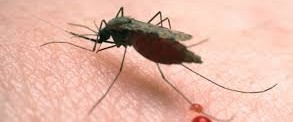During the last week I have attended the Annual Meeting of AAAS in San Diego. This is the largest gathering of interdisciplinary research. For me it was an interesting meeting.
I learned that much of the current research in biology and health is interdisciplinary, and mathematical modelling plays an important role in the research.
It was also interesting to learn about efforts to stop the spread in southern Africa:
- Antiretroviral treatments (ARVs) and universal testing could stop the spread of Aids in South Africa within five years, a top scientist says.
- In Botswana, a research group from Los Angeles is evaluating if one antiretroviral drug (monotherapy) can be given to disease free individuals and thus reduce disease incidence.
One of the main themes in many of the sessions were the increasing worry about public distrust in science. Several Leading scientists admitted the recent controversies surrounding climate research have damaged the image of science as a whole.
The President of the US National Academy of Sciences, Ralph Cicerone, said the controversial e-mail exchanges about climate change data had caused people to suspect that scientists “oppressed free speech” and that some feel that scientists are suppressing dissent.
Several speakers agreed that scientists needed to be more open about their findings. Recent polls, including one carried out by the BBC, have suggested that climate scepticism is on the rise.
Some highlights at the meeting is found here.
